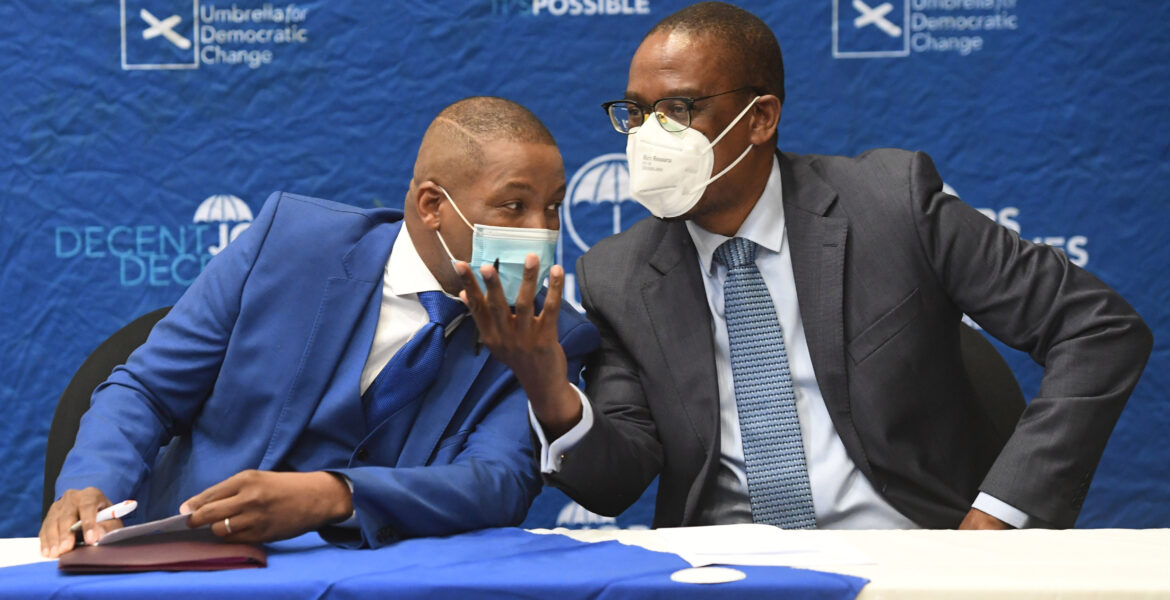Upcoming conference to determine the party’s future in the UDC
TEFO PHEAGE
Climate change, infrastructure deficiencies, and contamination of water sources threaten water supply reliability in Botswana, a report by World Bank has warned.
The World Bank country private sector diagnostic titled, “ A Diamond in the Rough: Toward a New Strategy for Diversification and Private Sector Growth” says that although the state-owned water and sanitation company, Water Utilities Corporation (WUC), performs well relative to many African utilities, it is facing serious headwinds to maintain and increase water supply.
“WUC’s deteriorating infrastructure, inadequate collection rates, shortfall of revenue necessary to cover operating costs, challenges to access finance for water supply expansion, and low productivity of staff all hamper investment in water resilience,” the report says further stating that because WUC’s revenue does not cover its operating costs, traditional lenders are hesitant to provide WUC with investment capital.
The report advises that introducing private sector participation in the water sector could help address weaknesses and further identifies three main opportunities for private sector participation being: performance-based contracts for non revenue water reduction, collections, and energy efficiency; concession for wastewater treatment and water recycling services; and water savings performance contracts for large users.
“The government, working with WUC, should consider legally establishing a subsidy system to ensure affordability of low-income households while also providing a reliable source of revenue (that is, cross-subsidies or direct subsidies by the government),” advised the report.
“Botswana is already a water-stressed country and projected to become even more highly water stressed by 2040, with water supply shortages affecting all key sectors of the Botswana economy including mining, agriculture, manufacturing and tourism,” the report says.

